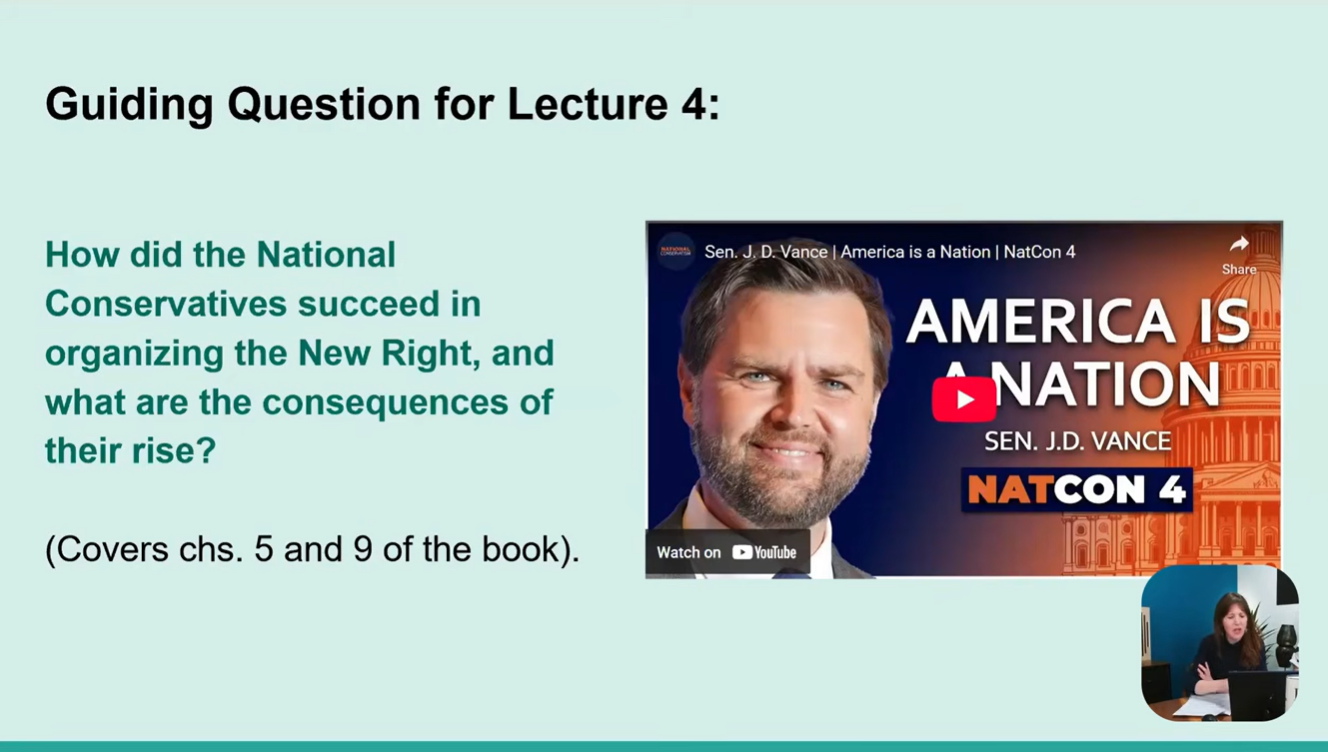Today's Headlines and Commentary
On the heels of a meeting between U.S. and Pakistan officials, Pakistan has announced that it will no longer permit the United States to use its airspace for drone attacks. Bloomberg's Indira A.R.
On the heels of a meeting between U.S. and Pakistan officials, Pakistan has announced that it will no longer permit the United States to use its airspace for drone attacks. Bloomberg's Indira A.R. Lakshmanan reports on the diplomatic maneuvering, as well as on the rife speculation over whether it was the the NATO strike that killed dozens of Pakistani civilians, the Koran-burning by U.S. military members, or the massacre on civilians in Afghanistan by a U.S. soldier that was the icing on that cake.
Speaking of that still-unnamed soldier, he was flown to Kuwait, and it appears that the judicial process in his case seems to be moving quickly, write John Cushman and Graham Bowley at the Times. Meanwhile, it looks like the man who targeted Leon Panetta yesterday has died from the injuries he sustained when he crashed his truck near the SecDef's plane, reports Elisabeth Bumiller at the New York Times.
That didn't take long: The Taliban is suspending peace talks with the United States, write Greg Jaffe and Ernesto Londono at the Washington Post.
Add cybersecurity to the host of other issues that President Obama and U.K. Prime Minister David Cameron have pledged to collaborate on, reports Brendan Sasso at The Hill.
While their "special relationship" continues on, it looks like cybersecurity is driving a wedge between long-time soul-mate senators, John McCain and Joe Lieberman, who have introduced dueling bills on the issue. Brendan Sasso is all over this story too. Says Senator Lindsey Graham (the third of the Three Amigos), in what is the Quote of the Day for the Ides of March: “They’re the best of friends who sometimes disagree . . . . And when they disagree, it’s a real doozy.”
The hunger strikes are back: two detainees at Guantanamo reportedly are protesting the mail review policy and conditions at Camp 7, reports Fox News.
Read the latest from Daphne Eviatar over at the Politico on the need for the U.S. to help build a clean judicial system in Afghanistan. Says Eviatar:
Today's editorial at Bloomberg is on the privacy concerns raised by the use of drones in domestic airspace.
Carlo Munoz at The Hill reports on the meeting between David Petraeus and Turkey's Prime Minister Tayyip Erdogan on counterterrorism cooperation.
Susan Crabtree at the Washington Times seems to have conflated a few issues in her recent article in the Washington Times about President Obama's policy directive on the NDAA's detention provisions. Says Crabtree:
To the U.S. military’s credit, it’s been trying to improve Afghan trials in national security cases by providing mentoring and training for judges and prosecutors handling trials in a U.S.-built facility on the Bagram Air Base and ensuring the accused get a lawyer. But that’s made only small improvements so far, judging from the poor quality of the Afghan trial I observed at Bagram last year. It’s also not clear if that project will continue after the U.S. hands authority to Afghanistan.
Irkut, a Russian warplane maker, is slated to design a small drone for Vietnam for civilian use, reports Ria Novosti from Moscow.
The presidential directive undid months of work by a bipartisan group of senior lawmakers on the House and Senate military committees, but there seemed to be little outrage or reaction from those who just two months ago spent hours railing about the issue on the Senate floor.Ben responded to a similar argument that Andrew Cohen made, who called the policy directive a "breach of faith with Congress." To this, Ben wrote:
It seems to me that Obama did rather the opposite of a Bush-era assertion of executive power here. To put it simply, Obama didn’t do violence to a bill that meant something by reading it to mean nothing. Rather, he engaged with the legislative process to water down a bill he couldn’t live with to the point that it actually did mean nothing.Michael Pitts, a columnist at the Miami Herald, wonders--just as Josh Gerstein did earlier this week--where the outrage is on Obama's national security policies. Elizabeth Flock writes in the Washington Post on the recent arrests by Azerbaijani police of 22 individuals suspected of spying on behalf of Iran. University of Chicago law professor Geoffrey R. Stone has this op-ed in the Huffington Post on indefinite detention and the Latif decision. For more interesting law and security-related articles, follow us on Twitter, visit the Georgetown Center on National Security and the Law’s Security Law Brief, Fordham Law’s Center on National Security’s Morning Brief, and Fordham Law’s Cyber Brief. Email us noteworthy articles we may have missed at wakeman.lawfare@gmail.com and singh.lawfare@gmail.com.
Raffaela Wakeman is a Senior Director at In-Q-Tel. She started her career at the Brookings Institution, where she spent five years conducting research on national security, election reform, and Congress. During this time she was also the Associate Editor of Lawfare. From there, Raffaela practiced law at the U.S. Department of Defense for four years, advising her clients on privacy and surveillance law, cybersecurity, and foreign liaison relationships. She departed DoD in 2019 to join the Majority Staff of the House Permanent Select Committee on Intelligence, where she oversaw the Intelligence Community’s science and technology portfolios, cybersecurity, and surveillance activities. She left HPSCI in May 2021 to join IQT.
Raffaela received her BS and MS in Political Science from the Massachusetts Institute of Technology in 2009 and her law degree from Georgetown University Law Center in 2015, where she was recognized for her commitment to public service with the Joyce Chiang Memorial Award. While at the Department of Defense, she was the inaugural recipient of the Office of the Director of National Intelligence’s General Counsel Award for exhibiting the highest standards of leadership, professional conduct, and integrity.





